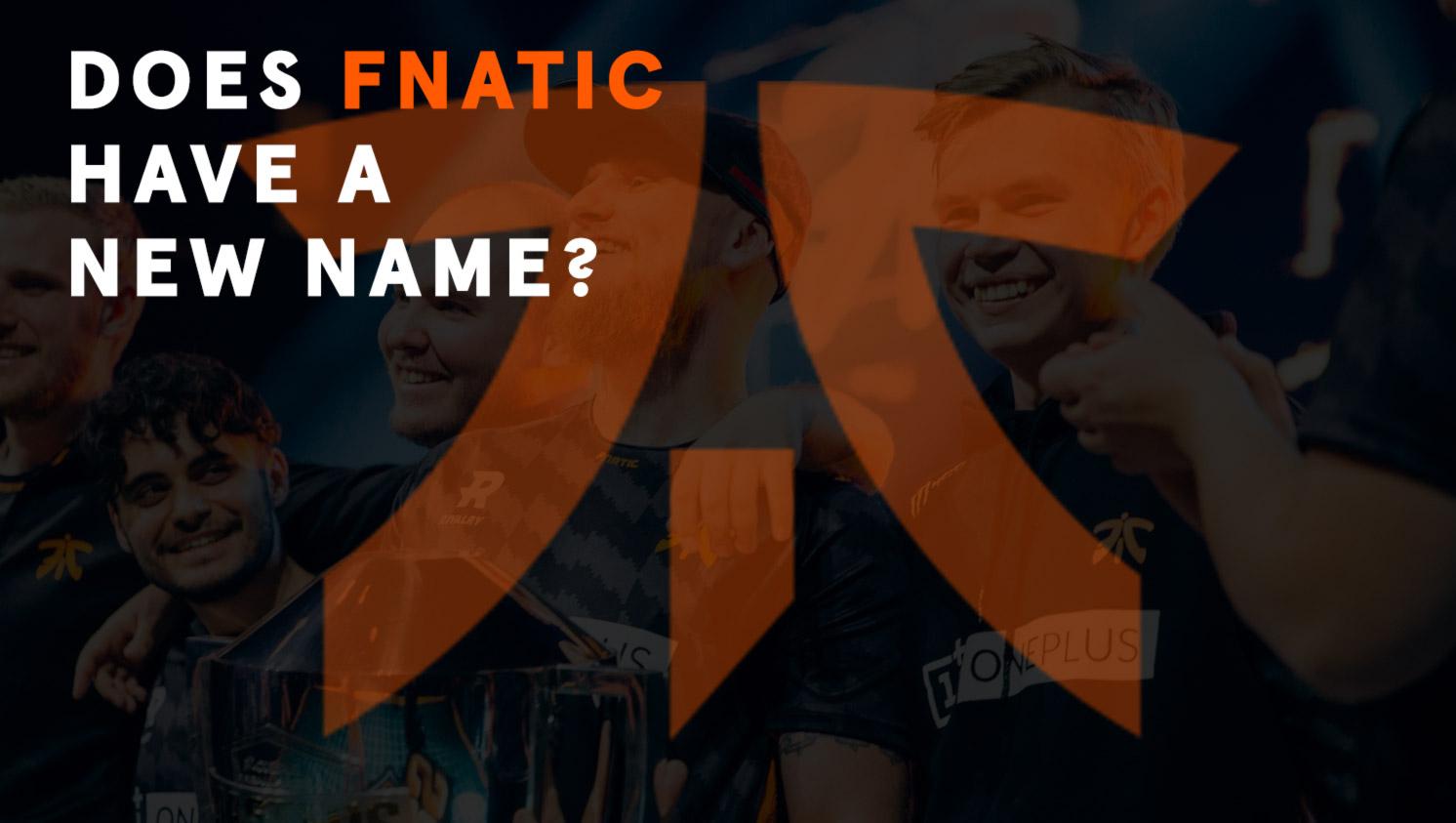
Fnatic attaches sponsor Rivalry to its CSGO team’s name
If you wondered why Fnatic was called Fnatic Rivalry over the weekend, you’re not alone. It’s something we haven’t seen in a while, and its return signals an expansion of marketing for some of the biggest esports bookmakers.
As Counter-Strike esports started to grow, team sponsors were hard to come by. There were limited opportunities for organizations to monetize their teams, so they had to get creative. For fans who watched Counter-Strike: Global Offensive esports back during its initial push back in 2014, seeing Fnatic Rivalry this weekend must have brought back memories.
Why is Fnatic now known as “Fnatic Rivalry?”
Rivalty is a betting website that allows uses to place bets on almost every esport competition there is. Other sites have similar ways of operating. Unibet, for example, struck a deal with Astralis to have their brand be broadcast live to thousands of viewers at ESL’s Pro League this past season. Like Astralis, Fnatic also chose a sponsor to represent in the form of Rivalry.
But why are teams adding sponsors names to their own all of a sudden? It’s because, for esports, it’s basically 2015 again. Take a look at this billboard between Ninjas in Pyjamas and Fnatic in 2014.
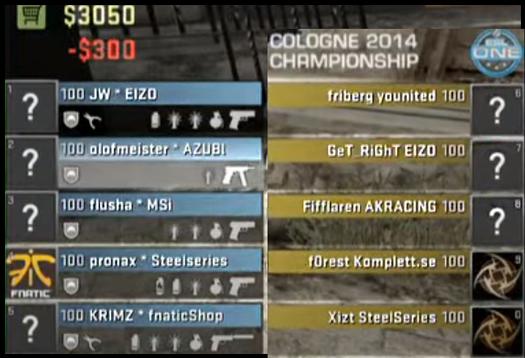
Before ads became widespread on streaming platforms, the in-game system provided a free and effective way for organizations to promote thier sponsors.
Back when CSGO’s esports scene began to grow in earnest, sponsors realized that tradtional avenues of marketing wouldn’t necessarily get them anywhere with the esports crowd. After all, how effective is a logo on a jersey if no one can see it during a match broadcast? While the early Counter-Strike years certainly had LAN tournaments, there were fewer of them, so the opportunity to market to a wider audience had to come through live streams of the games themselves.
It was so commonplace that even Valve was okay with it at the time. The idea is best illustrated by Cloud9’s sticker from the 2015 Cologne Major, where the team is labeled as “C9 G2A.”
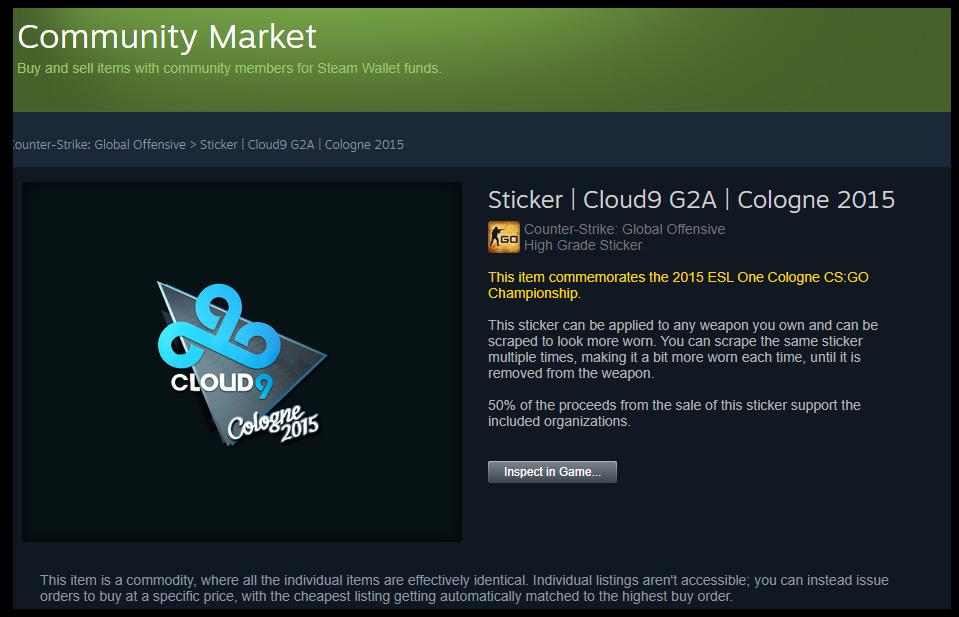
A few things happened that caused this particular aspect of advertising to take a backseat. Firstly, four members of North American team iBUYPOWER were found to have thrown a game in exchange for Counter-Strike skins. The game was bet on by a third party, acquired, and distributed to team members before esports jouranlist Richard Lewis released text messages implicating the memebrs.
About a year later, personalities Trevor “Tmartn” Martin and Tom “Syndicate” Cassel were accused of running a CSGO case opening site and promoting it to their viewers without disclosing their business connection.Thier actions broke several laws, forcing Valve to ultimately issue a cease and desist letter.
These and other similar controversies may have made it less attractive for teams to have betting companies in their names during matches and tournaments.
Why are sponsors back in CSGO team names?
While no one knows for sure, we can make some educated guesses. The most interesting thing is that both Fnatic Rivalry and Astralis Unibet both appeared in an ESL tournament. ESL and its subsidiary, ESEA, had banned the naming practice soon after the iBUYPOWER incident, so it’s surpirsing to see the names pop up there.
The change may come down to who owns the ESL Pro League now.
As of this year, 13 teams signed a contract with ESL granting them partial ownership and revenue sharing in CSGO’s longest-running league. In addition, the teams will also recieve revenue from ESL events. But with IEM Katowice played out in front of an empty arena and EPL forced back into an online format, ESL and its member teams seem to have loosened the rules.
It’s not necessarily anything nefarious. But it is interesting to see just how reliant esports is on its fanbase. With Counter-Strike esports and most others offerered for free over Twitch and YouTube, esports fans will only spend money if they can watch tournaments live. Since that’s not possible, we might be seeing a shift back to the tried and true advertising methods from way back in 2015.
Recommended

s1mple is offering lessons to help you get good at CS2
Have you dreamed of playing like s1mple?
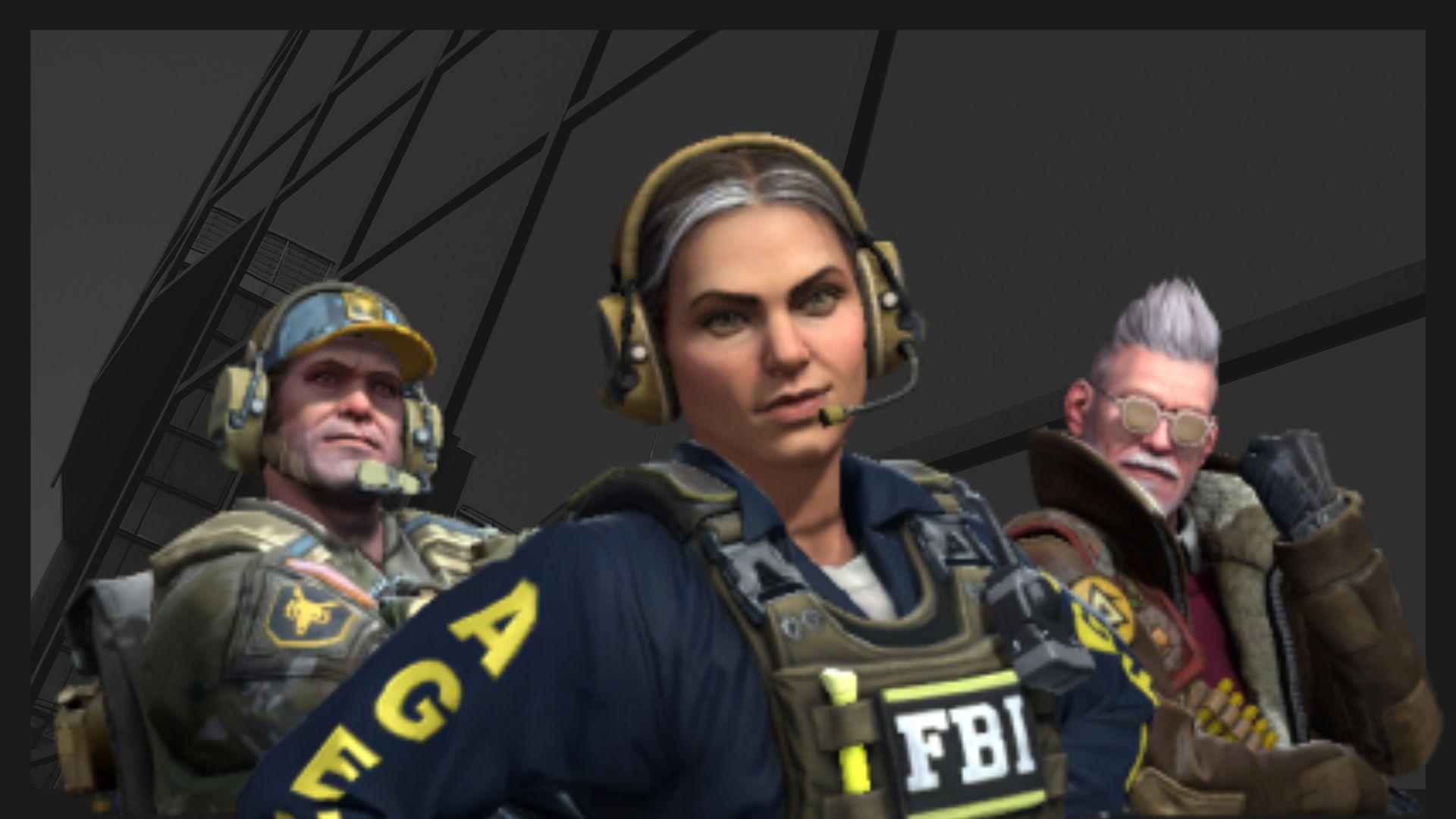
Recent CS2 ban wave punishes cheaters during live games
Valve is banning players in bulks.
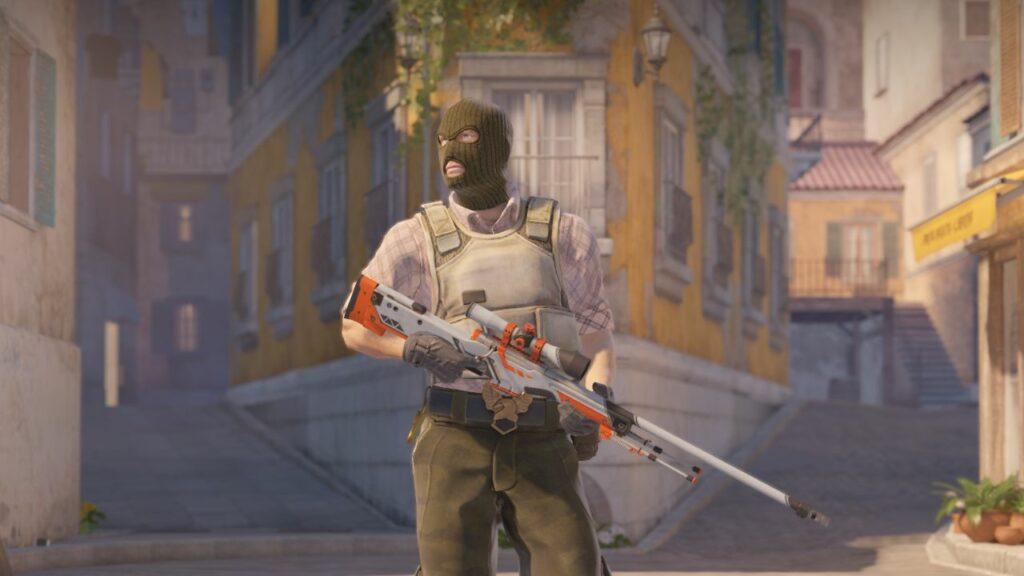
Players hopeful after Valve adds Overwatch to expose CS2 cheaters
Only “trusted” players will be Overwatch investigators.







